published: 3 /
7 /
2023
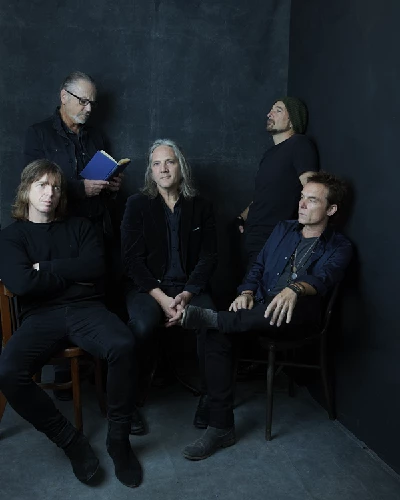
Steve Kilbey, the frontman with Australian post-punk band The Church, talks to Cila Warncke about the places that have been most important to him and new album ‘The Hypnogogue’.
Article
“It’s not a light show,” Steve Kilbey, best known as frontman and songwriter of Australian indie stalwarts The Church, assures Pennyblackmusic as an electrical storm rolls in.
He is at home and looks relaxed (crisp tee, black-framed glasses, cropped white hair) --- fresh even –- especially for someone who has been driving himself from city to city on a one-man, six week tour of Victoria.
“I sailed through my fifties,”’ he muses, “thought this getting older business was a joke; now, in my late sixties, I get tired.” Nevertheless, he is about to embark on a US tour, to be followed by a stint recording in Italy, then more touring. The lack of visible concessions to age or weariness is to be anticipated.
Kilbey is in every sense a working artist. The Church has been a band as long as this writer has been alive and has, in those 43 years, put out 26 studio albums, most recently, ‘The Hypnogogue’ (Easy Action, out now). This robust release rate has not a whit deterred Kilbey from multitudinous solo projects, collaborations, forays into publishing, painting, etc. etc.
His work has taken him around world, again and again. In this inaugural feature on musicians their memorable places, Kilbey takes us on a trip that includes small town childhoods, vegetarianism in the ‘80s and Norwegian metalheads.
PB: The place where it all began?
STEVE KILBEY: Canberra, where I moved when I was ten years old. That’s where my musical things happened. When I was sixteen, I nagged my dad into buying me a bass guitar and taught myself to play. Formed groups, played in groups, broke up, rehearsed, drove around.
A lot of musicians have formative years in a small town where they can turn inward. If I’d lived in Sydney, or Melbourne, or London, or New York, I’d have been out running around, but in Canberra there wasn’t a lot to do so I lived in a fantasy world of music –- listening, playing. There weren’t a lot of other things on the menu.
PB: A fantastic venue?
SK: Sydney Opera House. You really feel like you’re somewhere important, not in a pub any more. It’s a huge complex, millions of dressing rooms. You can get lost. We had one of our best shows ever there, with an 80-piece orchestra. The acoustics are amazing.
PB: A place you’d rather not play again?
SK: Somewhere in Norway we shouldn’t have gone. We hadn’t sold many tickets, so the manager decided to open the show to anyone who wanted to come in. These death metal fans came, beat up our roadies and chased us away. I can’t remember the name of the place -– it was a couple of hundred miles north of Oslo –- but we drove all fucking day to get there and it was a disaster.
PB: The city you love to revisit?
SK: Cities in Italy. I don’t know if it’s a past life thing or what, I just love it there. The coastline, the Adriatic. Once the band was lucky enough to play all these shows on that coast.
PB: A city that lost its shine?
SK: New York isn’t what it used to be. Forty years ago, when I first went there, it was wild, dangerous, freaky. Nowadays, it’s so cleaned up. We have problems doing gigs there: the bus can’t pick you up or drop you off. We never stay in New York any more. It’s like a city that has priced itself out of existence.
PB: How do you discover places on tour?
SK: Touring is like being on a school excursion: you’re surrounded by your mates, surrounded by barbarians, with Australia one foot in any direction. You have this comfort zone, this back up, you can be a bit of a yobbo.
[But when] you pull into a city, wake up and everyone’s taken off you have to get out and walk around alone. That’s when you find out about places, and yourself. When you’re with a group of people you don’t learn much.
PB: Places you seek out in a new town?
SK: A vegetarian restaurant, because I’m a vegetarian. Most places in America, there is a kind of hip area: a strip with the vegetarian restaurants, the marijuana store, the second-hand clothes and record shops. I try to find that area, go there, buy some clothes. As a vegetarian, you have to be on the ball or you might end up not eating. During the 80s it was hard. I remember turning up in Minneapolis in 1984 and being given spaghetti and a squeeze bottle of tomato sauce: that was someone’s idea of a vegetarian meal.
PB: Your home town hangout?
SK: Wiley’s Baths [on Coogee Beach, Sydney]. I go there every day and do laps. It’s a natural rock pool with octopuses, fish, herons, seagulls, sea urchins, starfish. The fish don’t swim away from you, they are used to the humans. You really get to know them.
There’s a little cafe there, run by some Czech ladies who serve Czech dishes. You have a swim, then eat some nice Continental food, sit and look over the Pacific Ocean.
PB: A place where you can completely disconnect?
SK: Forster, northern New South Wales. I like the little towns on that coast that are relatively untouched. With the sea, that’s where I like to disconnect, to not have to think about me and myself. Just walk along the shore, look at the shells and the rock pools. I was born in England and still see the world through English eyes. The sea, the sun, the birds, the weather --- I’m still impressed. I don’t take it for granted.
PB: A place that inspires your creativity?
SK: I’ve been doing a lot of work at a studio about an hour outside of Sydney. Next door is a car yard with hundreds of smashed-up cars. I like being in the studio then walking out into this car yard. It’s quiet. I need to disconnect to work; I don’t want to be reached.
PB: A place that’s gone but you’ll always remember?
SK: My childhood homes. Sometimes, I go and visit, park the car outside for a minute and look at the old house. I’m pretty nostalgic. I’m lucky I had a great childhood, a great mum and dad, who are gone now, a couple of nice brothers. We had nice times.
I go back to those days a lot. Sometimes when I have insomnia I try to make myself remember every detail of the house we had when I was ten: what the laundry looked like, my parents’ room, the back garden, the incinerator. My dad would buy our Christmas gifts two months early and hide them on top of the wardrobe. When they went out, I’d climb up and play with them. Those childhood days had a big impact on me, it all happens there, in my head, the creativity, everything that I am, came from those days.
PB: A place you’d love to visit for the first time?
SK: Antarctica. There was talk of going to play for some scientists there, but it didn’t happen. That’s the last frontier for me. It might be bloody cold and miserable, but it would be an interesting experience to have and digest. It may not be a hell of a lot at the time, but you could come home and extrapolate the good stuff from it. [‘Antarctica’ is also the title of the penultimate track on the new album, all swirling psychedelic guitars and lyrical personification.]
PB: Thank you.
Band Links:-
https://www.thechurchband.net/
https://www.facebook.com/thechurchband
https://twitter.com/thechurchband
Play in YouTube:-
Picture Gallery:-
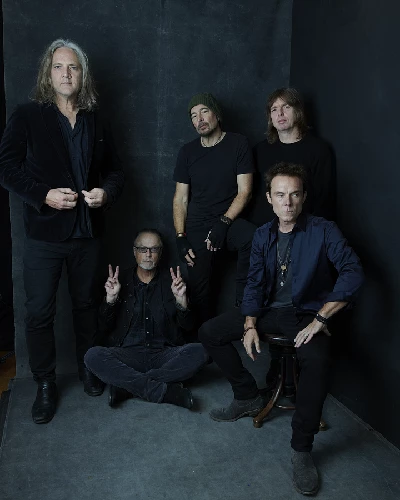
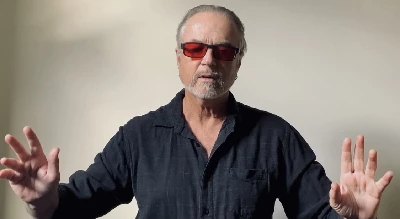
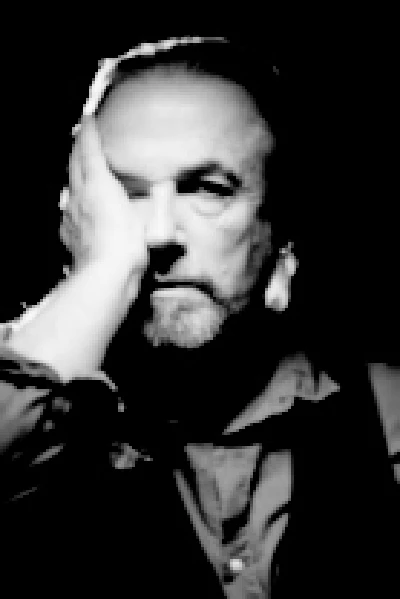
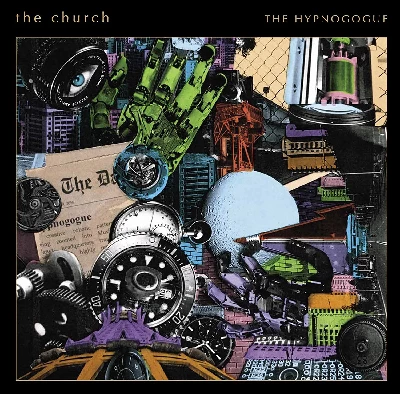
Visitor Comments:-
|
|
4274 Posted By: Nigel, Norfolk, UK on 13 May 2023 |
A great interview with the band I most love. Thank you
|